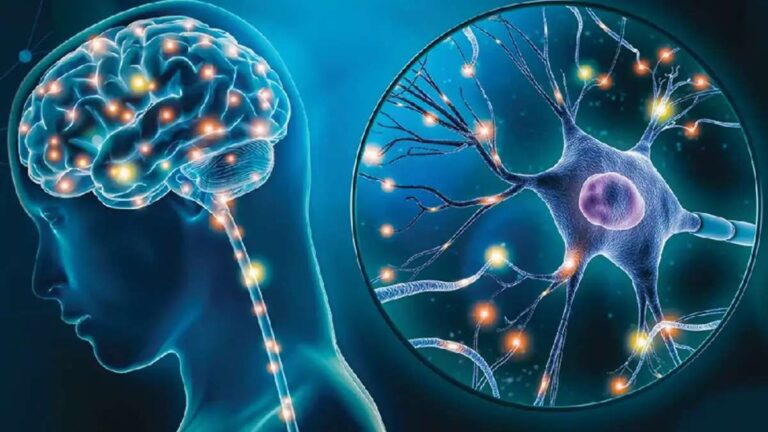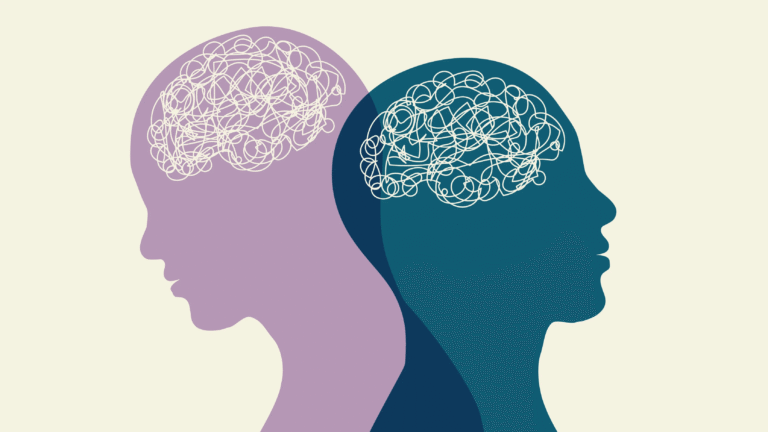Alcohol is one of the most widely used substances in the world, and for many people, it plays a regular role in social events, celebrations, and even daily routines.
While occasional or moderate use may not cause lasting harm, heavy or chronic alcohol use can create significant and long-term effects on both the body and brain.
In this article, Mind Help helps you understand how these consequences are critical for individuals, families, and communities, as we highlight not only the risks of prolonged drinking but also the pathways to treatment and recovery.
The Connection Between Alcohol and Long-Term Health
When asking the question, What are the long-term effects of alcohol on the body and brain?
The answers are quite far-reaching.
Alcohol is a toxin that impacts nearly every organ system. Its influence extends beyond the immediate sensations of intoxication or hangovers; over time, it changes the way the body functions, how the brain processes information, and even how a person relates to others emotionally and socially.
These effects may not appear overnight, but consistent heavy drinking increases the likelihood of serious complications, many of which may be irreversible without medical care and lifestyle changes.
Read more: Alcohol And Mental Health
Physical Effects of Long-Term Alcohol Use on the Body
The body often gives early warning signs when alcohol use becomes excessive, but prolonged misuse can cause deeper and more dangerous damage. Among the most well-documented effects are:
Liver Disease: The liver bears the brunt of alcohol metabolism, and over time, heavy drinking can lead to fatty liver, alcoholic hepatitis, fibrosis, and cirrhosis. Cirrhosis is particularly dangerous because it involves permanent scarring and impaired function, which can be fatal without intervention.
Cardiovascular Complications: Chronic alcohol use raises blood pressure, increases the risk of irregular heartbeat, and weakens the heart muscle. Over time, these changes can contribute to heart failure or stroke.
Digestive and Immune System Problems: Alcohol irritates the stomach lining, leading to ulcers and gastritis. It also weakens the immune system, leaving the body more vulnerable to infections and slower to heal.
Cancer Risk: Studies consistently link heavy alcohol use to an increased risk of cancers, particularly of the mouth, throat, liver, breast, and colon.
These physical consequences underscore the fact that alcohol is more than a short-term depressant. Its effects compound over the years, eroding health in ways that often require medical attention and long-term care.
Cognitive and Psychological Effects on the Brain
While the physical toll of alcohol is significant, the brain often suffers the most profound and life-altering consequences. Alcohol impacts how brain cells communicate, how neurotransmitters function, and how the brain adapts to long-term chemical exposure.
Memory and Learning: Heavy drinking can cause short-term memory lapses, but over time, it increases the risk of permanent memory loss and cognitive decline. Conditions like alcohol-related dementia and Wernicke-Korsakoff syndrome highlight how serious these impairments can become.
Emotional Health: Alcohol misuse is strongly linked with depression, anxiety, and other mood disorders. What often starts as self-medication for stress can progress into a cycle of dependence that worsens mental health symptoms.
Behavior and Impulse Control: Long-term alcohol use affects the prefrontal cortex, the part of the brain responsible for judgment, decision-making, and impulse control. This can lead to reckless behavior, strained relationships, and even legal problems.
Risk of Neurological Damage: Prolonged alcohol exposure can lead to neuropathy, where nerve damage causes pain, tingling, or numbness in the extremities. In severe cases, neurological changes may be irreversible.
These brain-related consequences demonstrate how alcohol misuse reshapes not just health, but personality, behavior, and overall quality of life.
How the Body and Brain Interact Under Long-Term Alcohol Use
The body and brain are interconnected, and alcohol demonstrates this relationship clearly. For example, liver damage can cause toxins to accumulate in the bloodstream, which in turn impairs brain function, leading to confusion and memory problems.
Similarly, alcohol-induced sleep disturbances can worsen mental health issues, while chronic stress from alcohol use may elevate blood pressure and harm cardiovascular health. The cumulative effects reinforce one another, creating a cycle of physical and psychological decline.
Why Early Intervention Matters
The most important factor in reducing the long-term impact of alcohol is timing. Many of the effects described above develop gradually, which makes early detection and treatment essential.
Recognizing patterns of heavy drinking, blackouts, or health issues such as elevated liver enzymes can help individuals seek help before irreversible damage occurs.
The Role of Inpatient Treatment in Addressing Alcohol Misuse
For many people, breaking free from long-term alcohol misuse requires more than willpower alone. Inpatient treatment programs provide a structured, immersive environment where individuals can begin their recovery safely.
Medical supervision is particularly critical during detox, as alcohol withdrawal can be dangerous and sometimes life-threatening. Beyond detox, inpatient programs offer therapies that address both the physical and psychological components of alcohol use disorder. These programs may include individual counseling, group therapy, and holistic support to help people build new coping strategies and reduce relapse risk.
Inpatient care found at an alcohol addiction treatment center in Arizona is especially beneficial for individuals who have been drinking heavily for years, those who have experienced repeated relapses, or those with co-occurring mental health disorders.
The intensity of inpatient treatment helps stabilize individuals and gives them the foundation they need to continue recovery outside of the treatment setting.
Outpatient Treatment as a Step Toward Long-Term Recovery
While inpatient treatment is vital for many, outpatient programs play an equally important role in recovery. Outpatient treatment allows individuals to live at home while attending scheduled therapy sessions and support groups. This approach is ideal for people who have family or work responsibilities, or those who have already completed inpatient care and are ready for a step-down program.
Outpatient care supports ongoing accountability while helping individuals apply the skills they have learned in real-world settings. With a strong outpatient program, people can address challenges as they arise, continue working on relapse prevention, and remain connected to a recovery community.
Read More: Why We Drink: The Truth About Our Alcohol Obsession
Combining Inpatient and Outpatient Care for Best Outcomes
A continuum of care that includes both inpatient and outpatient treatment, including a rehab that takes Mercy Care for AHCCCS in Arizona, is often the most effective way to address the long-term effects of alcohol use.
By beginning in a structured inpatient setting and gradually transitioning into outpatient support, individuals receive ongoing care that adjusts as their needs evolve. This approach acknowledges that recovery is not a one-time event but a long-term process that requires consistent support and adaptation.
Breaking the Cycle of Long-Term Alcohol Damage
Even when the body and brain have already been affected by years of alcohol misuse, recovery is possible. The human body has remarkable resilience, and with the right treatment and lifestyle changes, many people see significant improvements in their health.
For example, liver function can often improve with sustained abstinence, and cognitive abilities can recover with ongoing sobriety. Emotional health also improves over time, as individuals reconnect with their support systems and find healthier coping mechanisms.
The Importance of Ongoing Support
Recovery does not end after treatment. The long-term effects of alcohol make it essential for individuals to remain engaged in ongoing support systems, whether through counseling, peer recovery groups, or aftercare programs.
These resources provide a safety net during the challenging transitions that occur after treatment, helping individuals maintain their commitment to sobriety.
Finding A Path Toward Healing from Alcohol Abuse
Asking what the long-term effects of alcohol on the body and brain lead to a sobering truth: alcohol affects nearly every system, often in profound and lasting ways. Yet it also leads to an important reminder: while the risks are real, recovery is possible.
With early recognition, the right treatment program, and ongoing support, individuals can reverse some of the damage, restore their health, and build a life free from alcohol.
Both inpatient and outpatient treatment programs provide essential resources for those seeking to make this change, proving that no matter how long someone has been struggling, it is never too late to start the path toward healing.
We hope our resource from Mind Help has shown a path forward if alcohol is posing a problem for you or a loved one. And we invite you to join us regularly for all the latest news and resources on behavioral and mental health topics that matter.











